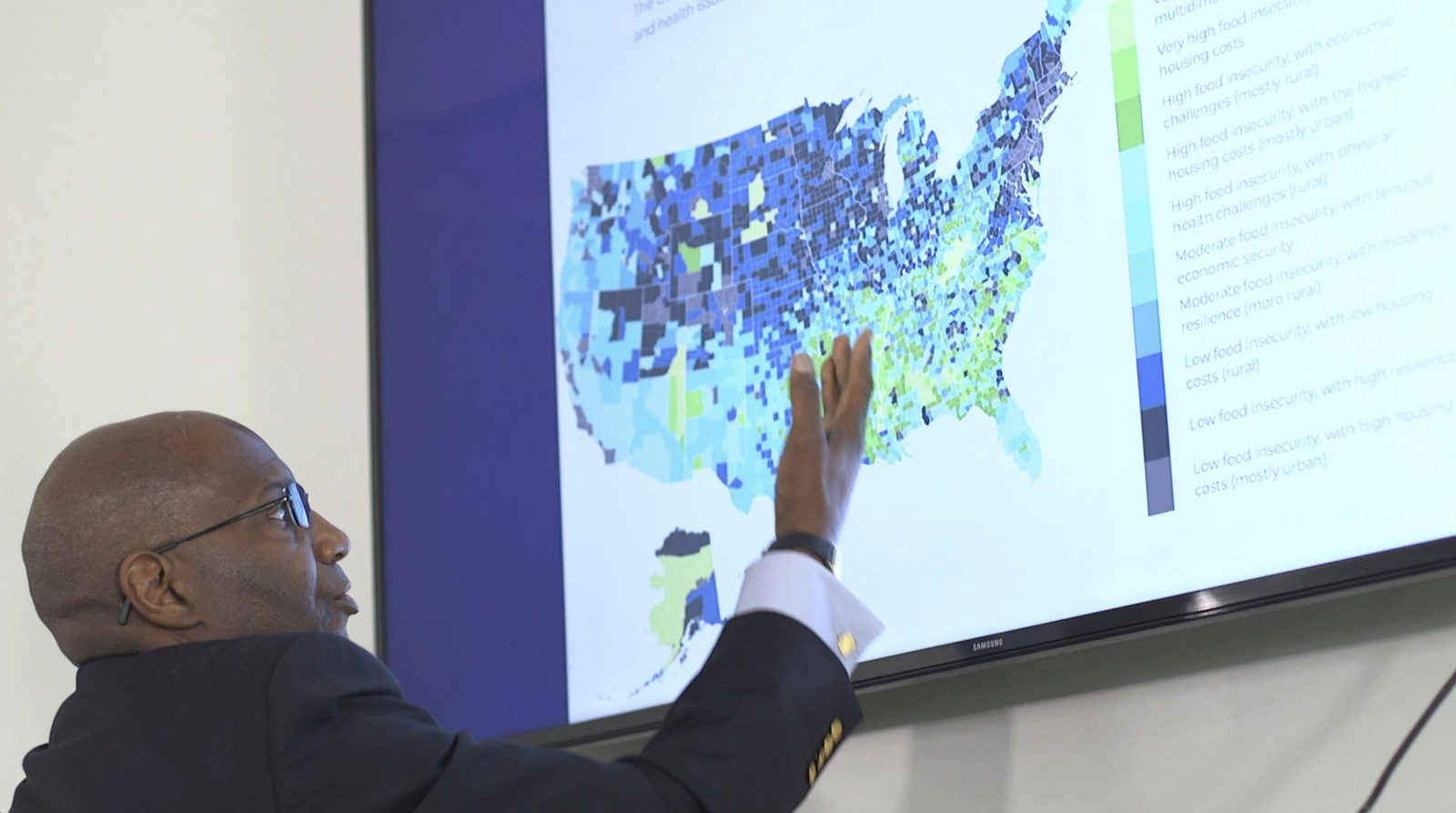For much of 2021, the Mississippi Center for Investigative reporting zeroed in on the human cost of diabetes, a killer disease that over the past three years has killed more Americans than every war since World War 1. The Mississippi Delta is ground zero in that fight, with the greatest frequency of diabetes found anywhere in the United States.
With support from the Fund, Mississippi Center for Investigative Reporting founder and reporter Jerry Mitchell, working with veteran health reporter Erica Hensley, a data team and a group of students and photographers, produced a 12-part series that has spurred local officials to invest more resources in fighting diabetes, but has also pointed up the dearth of state support to address the wide impact of the illness in the Delta, which stretches into Arkansas.
The team examined federal data and discovered that “The Most Diabetic Place in America” was Jackson County, a part of the Delta in Arkansas. Nationally, diabetes affects an average of 1 in 10, but in parts of the Delta, those numbers can be as high as 1 in 3, according to U.S. Centers for Disease Control and Prevention data.
When Mitchell arrived in Newport, Arkansas, he discovered those in town were shocked to find out they had the highest rate in diabetes. But that shouldn’t have come as a surprise since obesity affects 42% of those living there.
Months later, Mitchell returned to report on how the town was fighting to change that label. Nurse practitioner Retha Dudley is among those battling to get their town out of the nation’s top 10. She and colleagues are speaking to civic clubs and enrolling town hall, companies and schools to get people screened for diabetes. “We’re trying to catch them before they’re diabetic,” Dudley said.
Delta communities are fighting back in other ways too, spurred by the Center’s reporting, putting in place new systems for testing blood sugar and setting up programs to aggressively treat prediabetes before the disease becomes diabetes.




